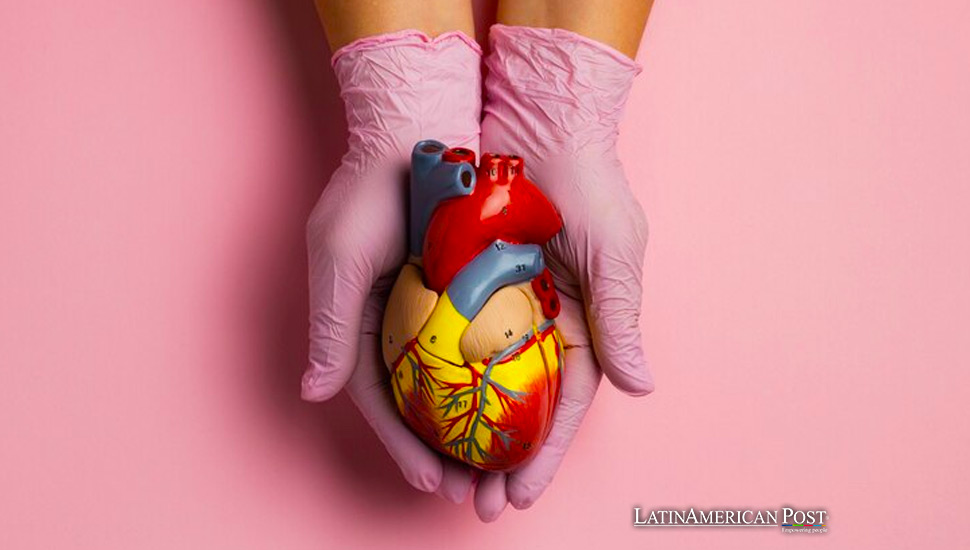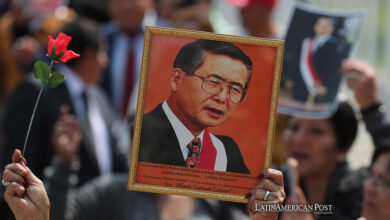Peru Faces Long Journey in Organ Donation and Transplantation System

In Peru, over 6,800 individuals await organ or tissue transplants, with kidneys, livers, and corneas in high demand. As the nation commemorates World Organ and Tissue Transplantation Day, the Ministry of Health underscores the need for increased donation awareness and advocacy.
Navigating the Tapestry of Transplantation in Latin America: An Introduction
In the vast and diverse tapestry of Latin America, the arena of organ and tissue transplantation is a poignant illustration of the interplay between medical innovation, cultural nuances, and the challenges posed by infrastructure and resource disparities. Peru’s struggle, with over 6,800 individuals in limbo, awaiting life-saving transplants, mirrors a larger regional narrative that echoes across the continent. This pressing demand, juxtaposed against a backdrop of multifaceted hurdles, underscores a critical healthcare crisis that extends beyond national borders, affecting numerous countries throughout Latin America.
The healthcare infrastructure gap is one of the most significant barriers to transplantation efforts across the region. In countries like Peru, limited access to specialized medical facilities, a shortage of trained healthcare professionals, and the scarcity of advanced medical technologies severely impact the organ procurement and transplantation ecosystem. These systemic limitations stymie the efficient coordination necessary for successful organ matching and reflect a broader regional disparity in healthcare access and quality.
The Complex Journey of Organs Across Latin America
Moreover, the complex logistics of organ allocation and transportation present formidable challenges. Inadequate systems for organ allocation and the logistical nightmares of transporting organs across vast distances in a timely manner often result in missed opportunities for transplantation, exacerbating the already dire situations of many patients in need.
Cultural attitudes and beliefs towards organ donation further complicate the landscape. Despite the recognized life-saving potential of organ donation, pervasive cultural taboos, entrenched misconceptions, and a prevailing distrust in medical institutions deter potential donors. This scenario is not unique to Peru but is a common thread across Latin America, requiring concerted efforts in education and community engagement to shift perceptions and encourage a culture of donation.
The legal and regulatory environment adds another layer of complexity. Across Latin America, varying legal frameworks and ethical guidelines around organ donation and transplantation lead to inconsistencies in practices, affecting everything from donor screening to consent procedures. Aligning these frameworks and ensuring adherence to ethical standards is pivotal for the integrity and success of transplantation efforts region-wide.
Innovations in Brazil, Argentina, and Mexico
Despite these challenges, there are glimmers of hope and innovation. Countries like Brazil, Argentina, and Mexico have significantly developed their transplantation infrastructures and programs. These nations have become beacons of progress, showcasing the potential for significant advancements in the field through comprehensive national programs, establishing regional organ procurement organizations, and fostering transplant networks that encourage cooperation and improve access to organs.
Peru’s recent uptick in transplantation activities and improved donation rates highlight the potential for overcoming these pervasive challenges. This progress serves not only as an inspiration to other Latin American countries but also as a call to action for regional collaboration, policy reform, and fostering a culture that prioritizes organ donation and transplantation.
Also read: Peru Battles Dengue Outbreak Declaring Health Emergency: A Wake-Up Call for Latin America
The organ and tissue transplantation narrative in Peru and Latin America is complex but hopeful. It speaks to the shared challenges and aspirations of a region striving to improve healthcare outcomes for its people. Through collective action, shared resources, and a commitment to nurturing a culture of generosity and solidarity, Latin America can surmount these obstacles, advancing the cause of organ donation and transplantation. This collaborative spirit has the power to save lives and build healthier communities for future generations, embodying the region’s resilience and capacity for transformative change.





